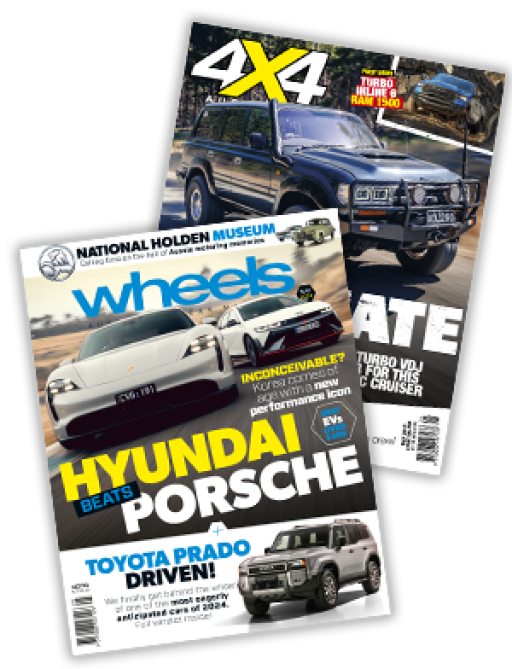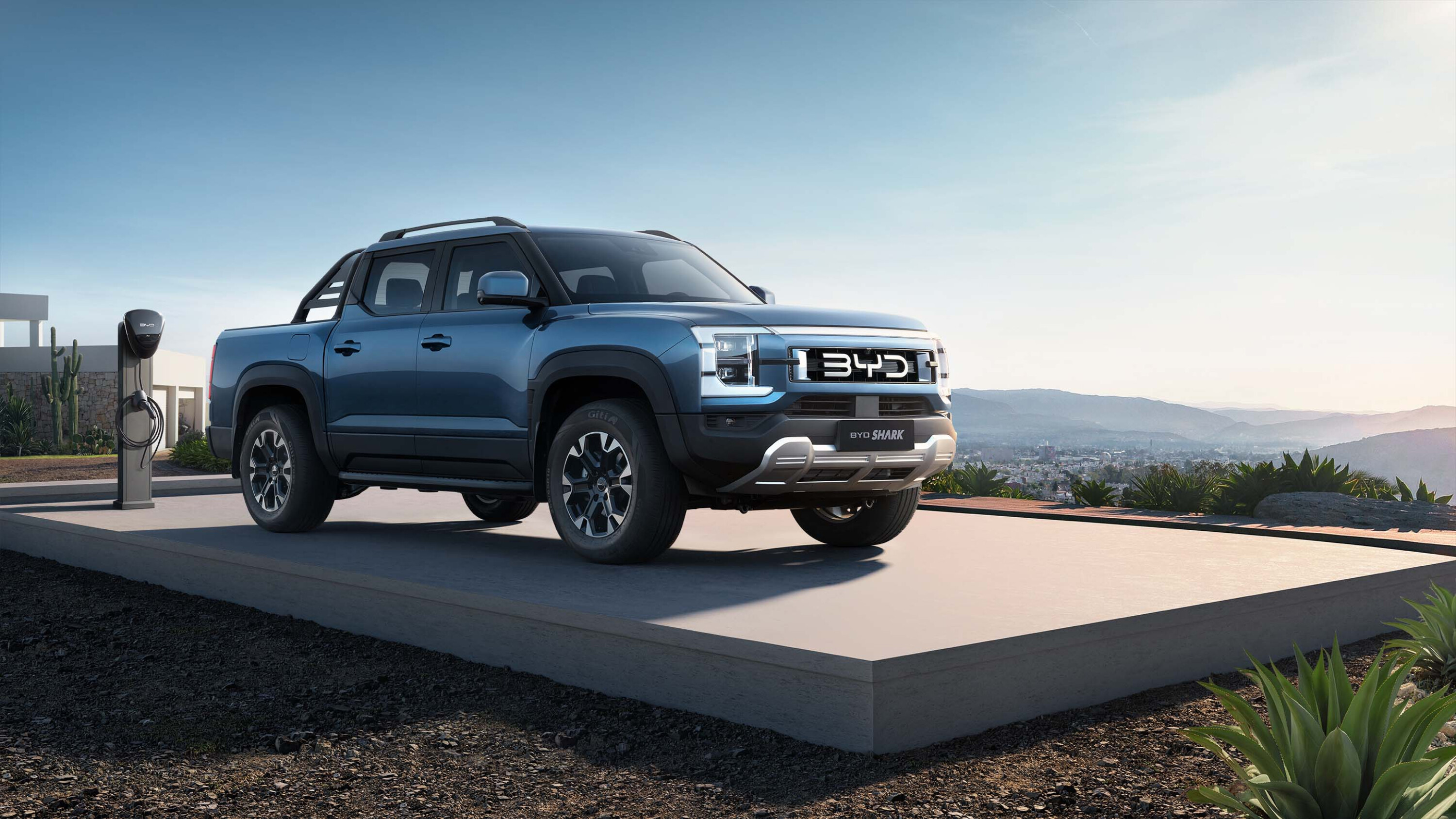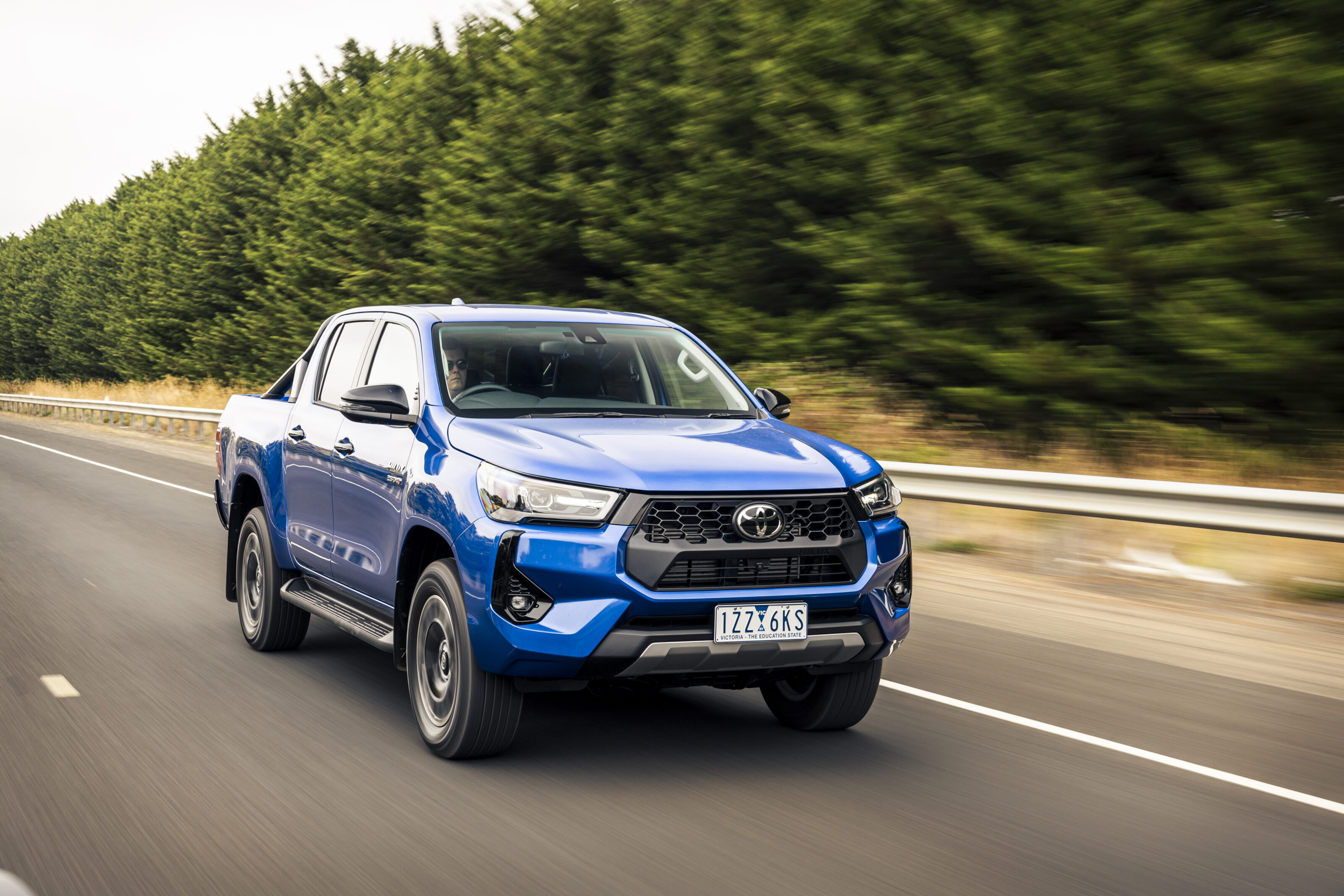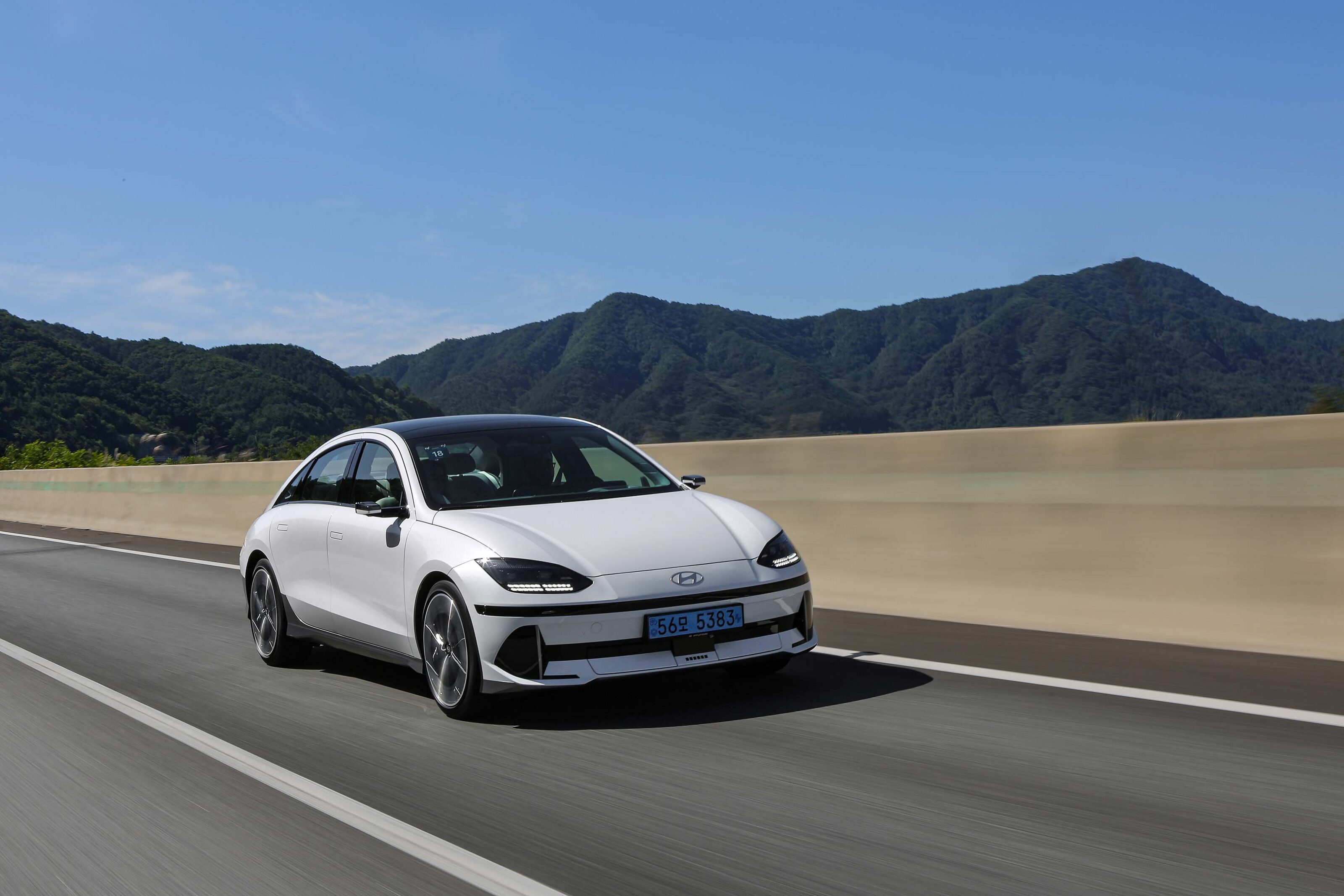
Snapshot
- Hyundai developing air suspension benefits without the premium cost
- Raises to protect underbody, lowers to improve driving range, accessibility, performance
- Designed for EVs, high-performance cars, and autonomous taxis
Car parts supplier Hyundai Mobis and the Hyundai Motor Company have jointly developed a new Electronic Levelling Control (ELC) system to benefit electric vehicles.
Unlike costly air suspension systems, ELC adopts an electric hydraulic pump to adjust the height of the vehicle by up to six centimetres upwards or downwards from all four wheels.
When raised, the South Korean companies claim the feature can protect the large battery packs underneath EVs and prevent the underbody from being scratched while tackling rough roads, parking lots and speed bumps.
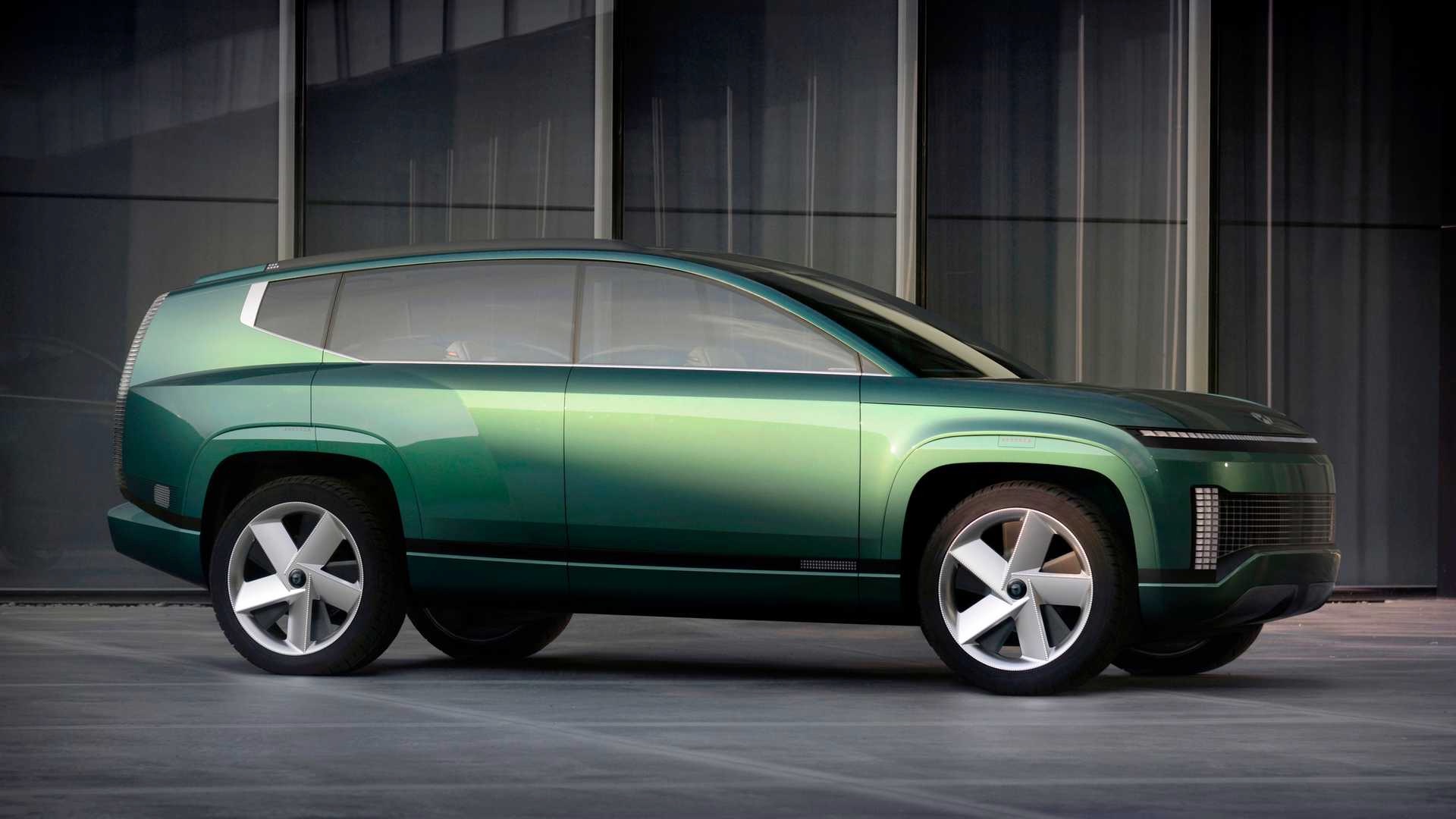
Meanwhile, when lowered it minimises air resistance at highway speeds to improve driving range and lower centre of gravity for better driving performance.
It’s also said to improve passenger access, loading and unloading items, and maintains the vehicle height with a full payload onboard.
The companies are currently “verifying the reliability of the technology using test vehicles” and said ELC’s also designed for high-performance cars (possibly Hyundai N?) and its future autonomous purpose built vehicle (PBV) taxi pods.
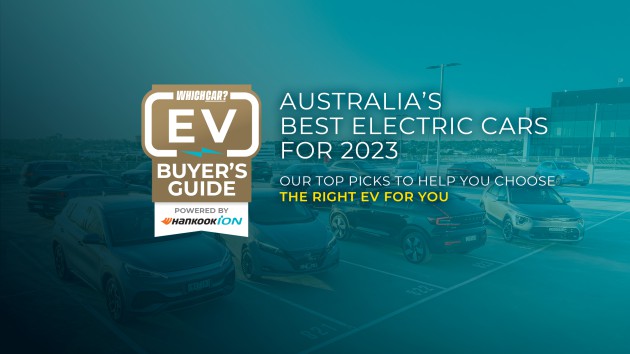
Australia’s best electric cars for 2023
We’ve tested nearly every EV below six figures in Australia to rank the best on sale today
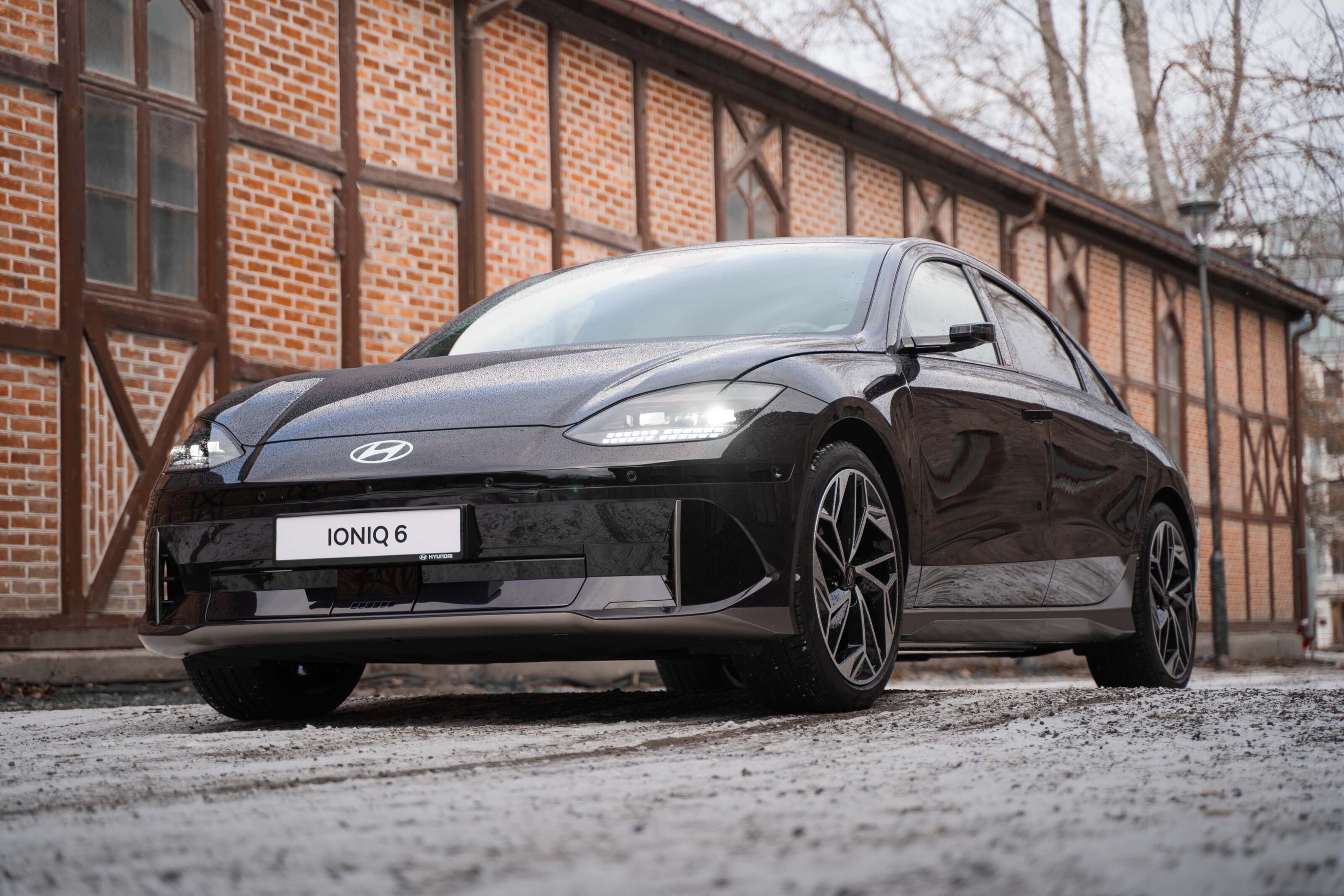
ELC adjusts automatically using built-in sensors detecting the driving speed and gross vehicle weight, but drivers can manually control it too.
Hyundai Mobis intends to connect the system to the forward-facing camera and navigation data in the future to pre-empt conditions and self-adjust accordingly.
Hyundai Motor aims to introduce 11 new Hyundai and six new Genesis battery-electric models by 2030.
In 2025, it will debut a new Integrated Modular Architecture (IMA), Genesis will only launch electrified models, and all of the group’s vehicles will feature over-the-air software update capability.
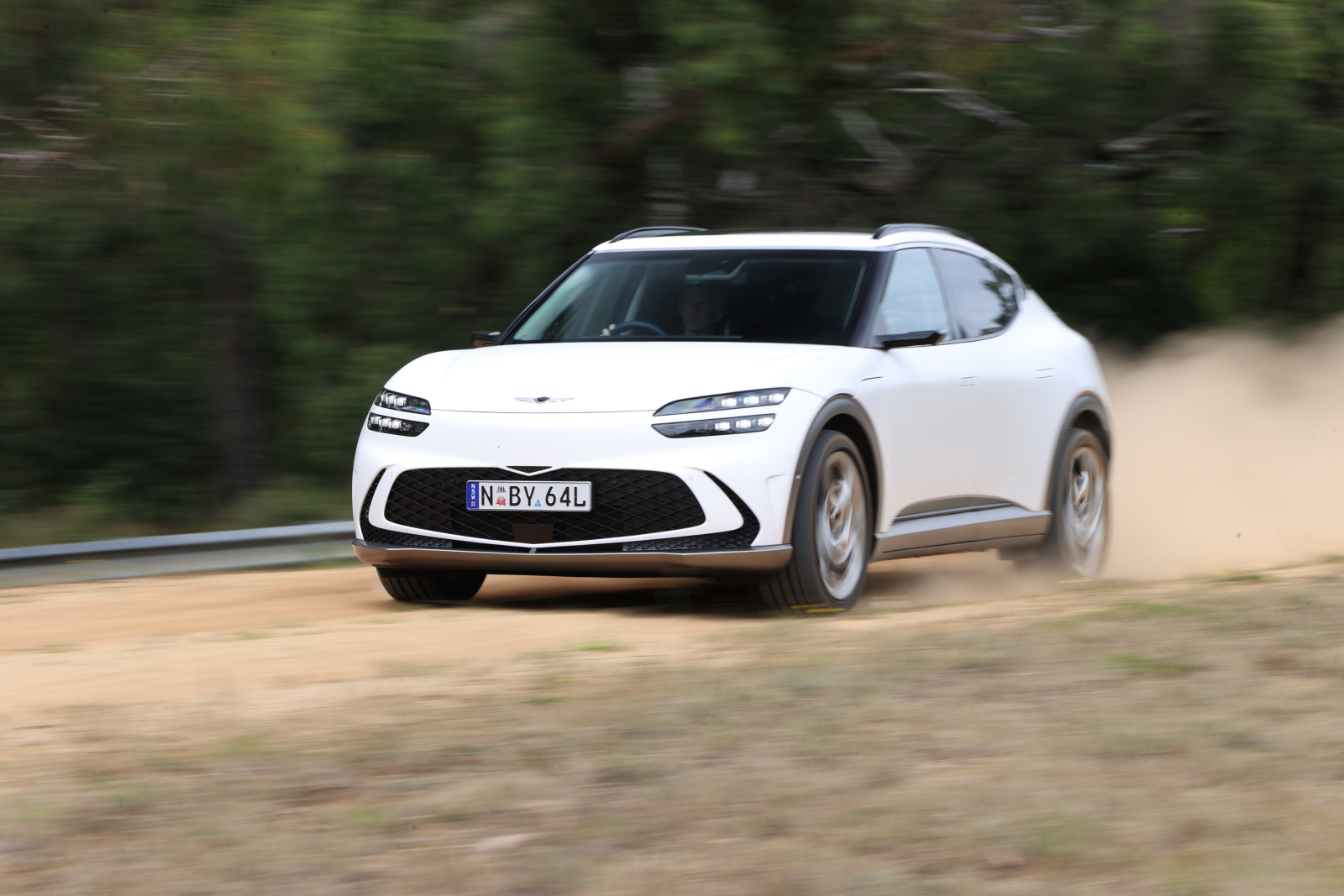
We recommend
-
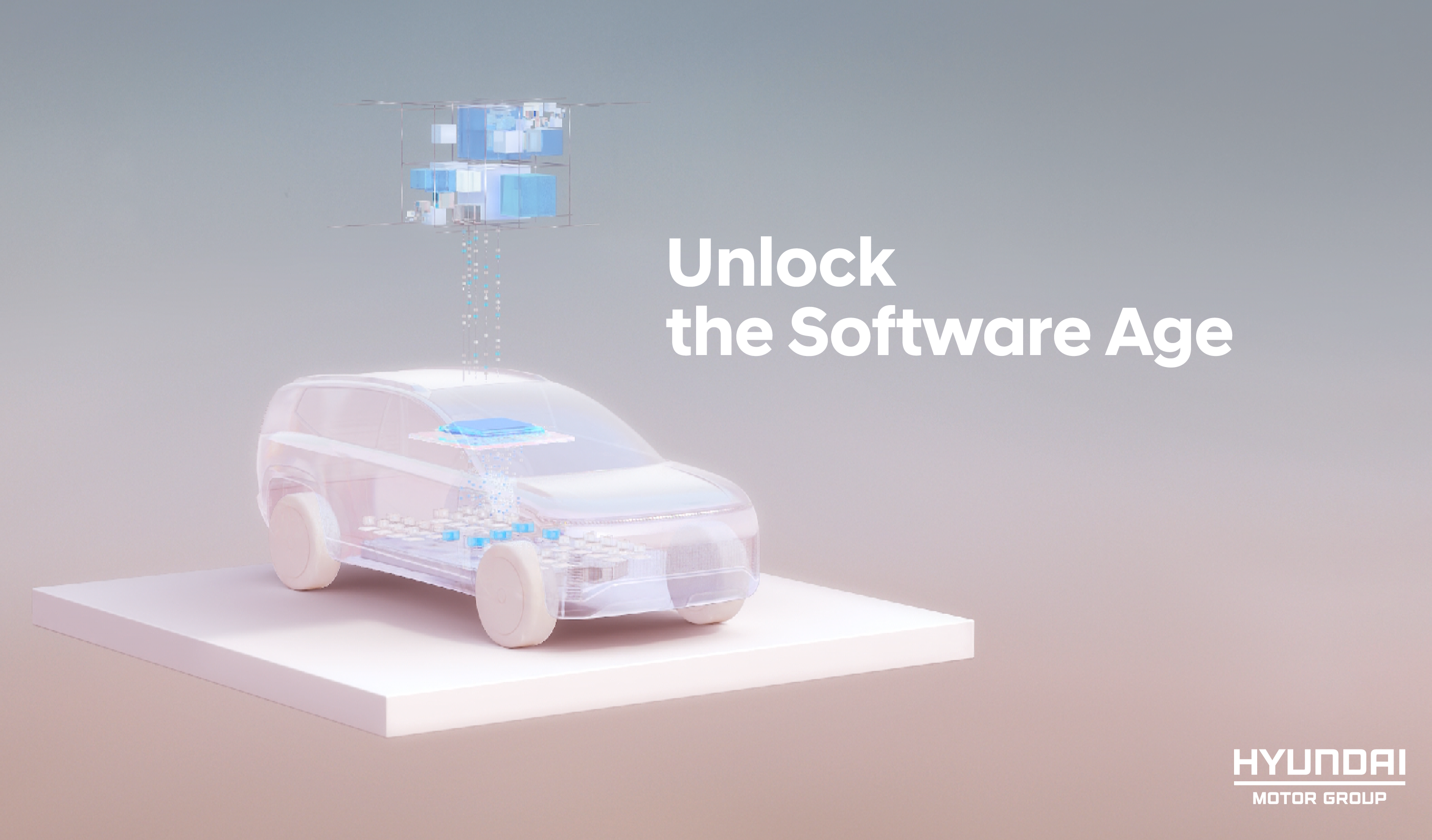 News
NewsHyundai Motor to debut two new EV platforms and autonomous driving tech
Hyundai, Kia and Genesis electric vehicles are to be underpinned by two new architectures – eM and eS – within the next decade
-
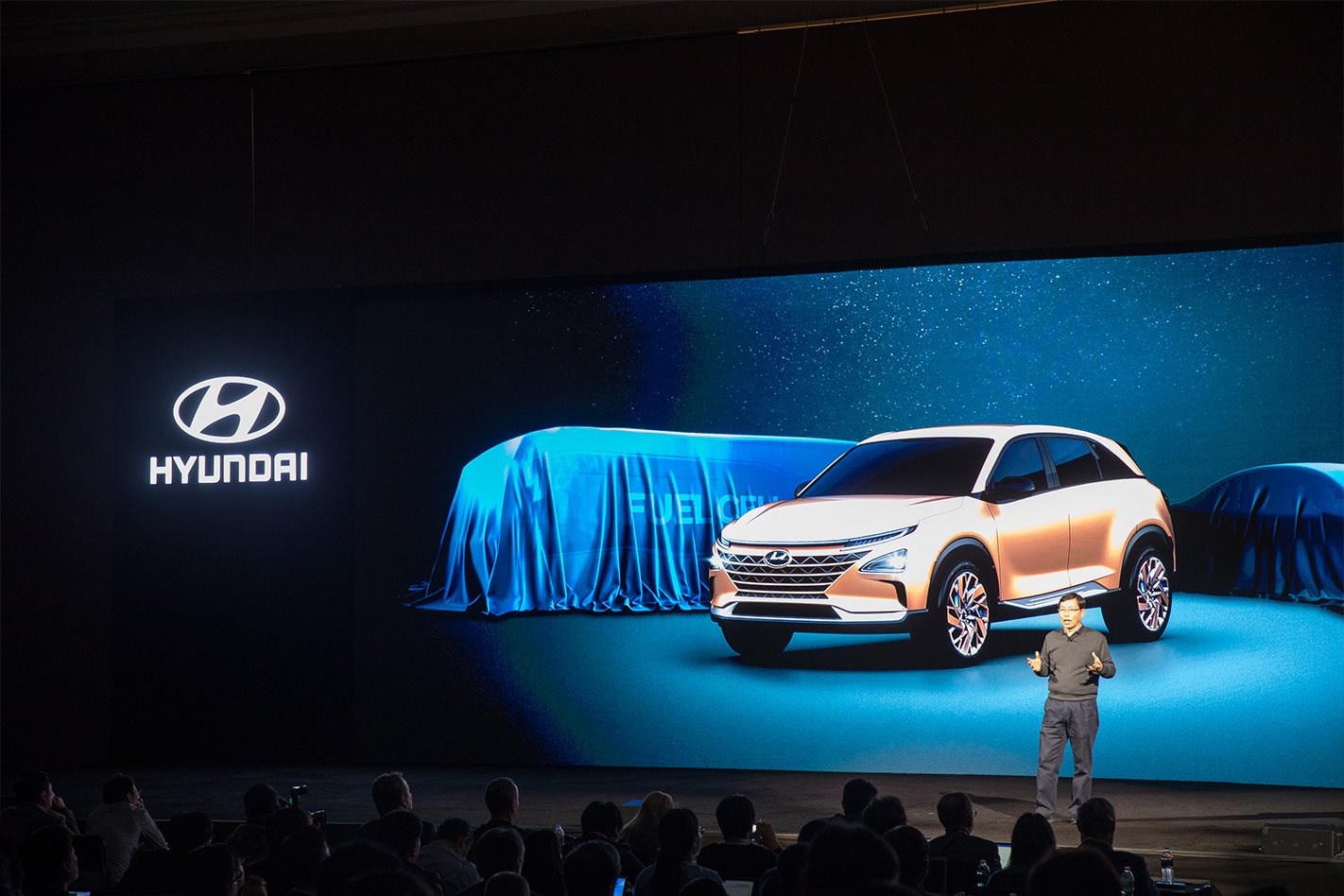 News
NewsFuture EVs and autonomous cars will look normal, says Hyundai
Forget the weird and wacky, consumers require conventional designs to adopt autonomous and alternative powertrain cars, argues Hyundai’s designer
-
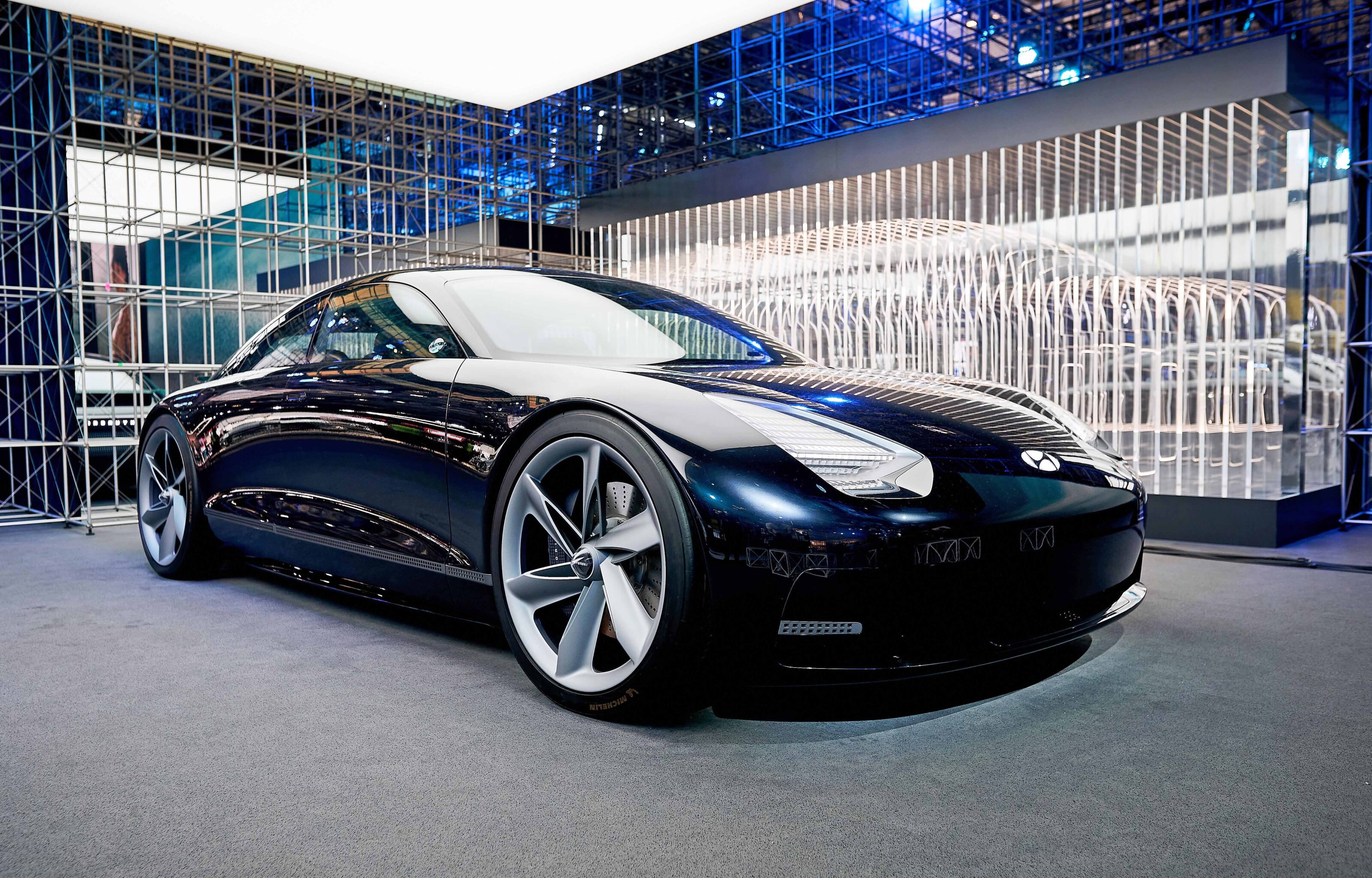 News
NewsHyundai Ioniq 6 tech specs show off sub-Sonata sized EV
The latest Ioniq vehicle will be longer and lower than its 5 sibling

